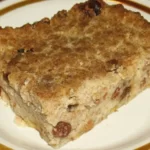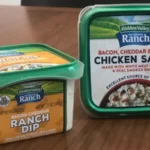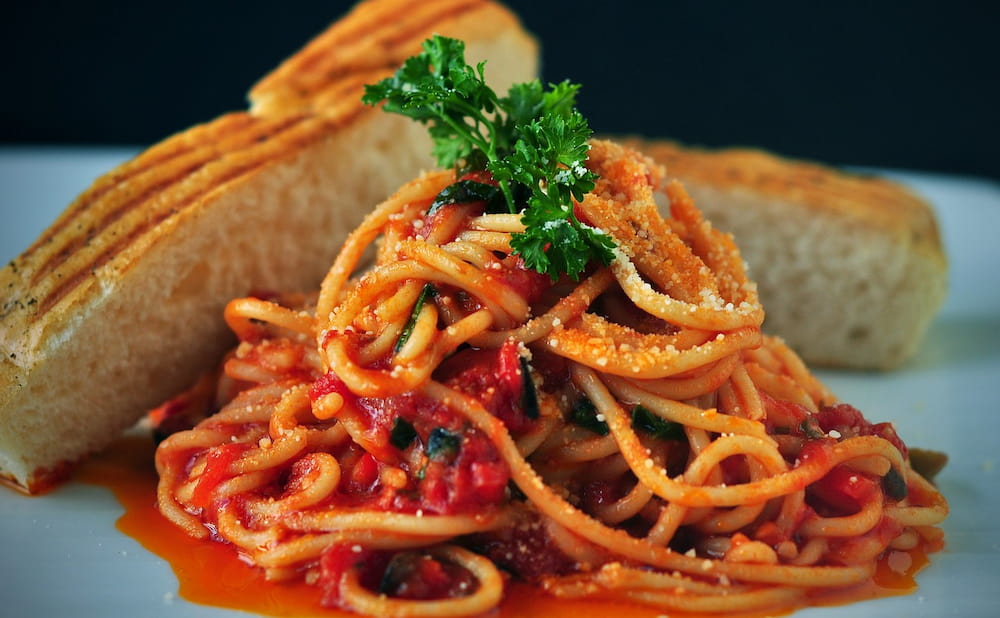
The foundation of a traditional pasta dish, pasta sauce is a necessity in almost every kitchen. However, it can be challenging to store properly because of its many uses.
Typically, pasta sauce is sold in jars that are too big for a single person to use in a single pasta dish but just right for a typical family. There may be a lot of pasta sauce left over after a meal if you live alone or in a large family.
That raises the question, how long does pasta sauce last in the fridge? Your query doesn’t have a clear answer. It varies depending on the type of sauce you’re using, whether it’s homemade, how cold your refrigerator is, and how long the sauce was left out before it was properly stored.
To avoid food poisoning and maintain the best possible flavor in your dishes, experts generally adhere to a similar set of guidelines for proper food storage.
Please continue reading for more information.
Table of Contents
What Is Pasta Sauce?
Pasta is a famous Italian dish for dinner with many variations worldwide. For example, spaghetti refers to long, straight pasta, fettuccine is the name for flat fiber pasta, etc. Depending on the shape or flavor of each paste type, it is divided into many different styles with various names.
Also, many people confuse how linguine differs from fettuccine pasta as they might have similar looks. However, you can distinguish between the two by looking at a number of different traits.
A pasta dish’s heart is its sauce. It comes in a variety of forms with a wide range of ingredients and preparation techniques.
Tomatoes are the most common ingredient, but don’t mistake this pasta sauce with marinara sauce (another Italian tomato sauce). You can also find several other elements, such as cream, meat, milk, and cheese
the well-known traditional pasta sauce made with tomatoes.
Because there are so many options, anyone can find a sauce that suits their preferences and easily develop their own recipe thanks to this variety.
You might think about enrolling in well-regarded cooking classes if you lack the culinary experience to create new recipes with confidence.
The flavor of the pasta usually comes through more when the sauce is lighter. When selecting a sauce, take into account the shapes and sizes of the pasta because different sauce flavors go better with different pasta shapes.
Pasta Sauce Types
You can determine how to store sauces correctly to preserve their flavor by understanding the different types of sauces and their characteristics. As I said, there are many varieties of pasta sauces; however, based on the general characteristics of the ingredients, they can be divided into the following main categories:
Tomato-based Sauces
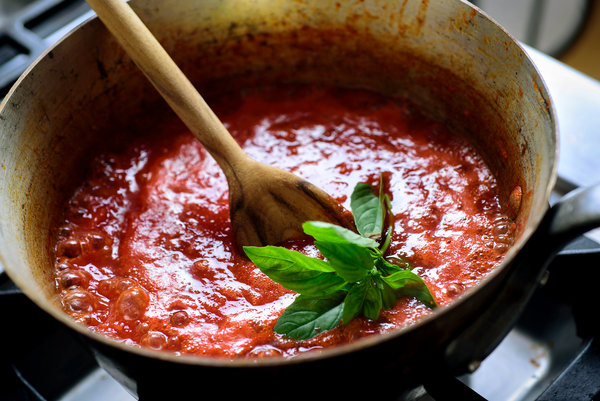
The most prevalent type of pasta sauce is one that is tomato-based. They could be tomato sauce or paste. And of course, there are many aspects to differentiate tomato paste and tomato sauce, but both of them are totally fine for making pasta sauce.
Since these sauces generally use mashed or chopped tomatoes, people often compare pasta sauce with pizza sauce. For the former, other typical ingredients include garlic, onions, chili, and some vegetables.
Due to the tomato acid acting as a natural preservative, this sauce is simpler to store.
Pasta sauce made with fresh tomatoes has a vibrant red color and flavor.
Cream-based Sauces
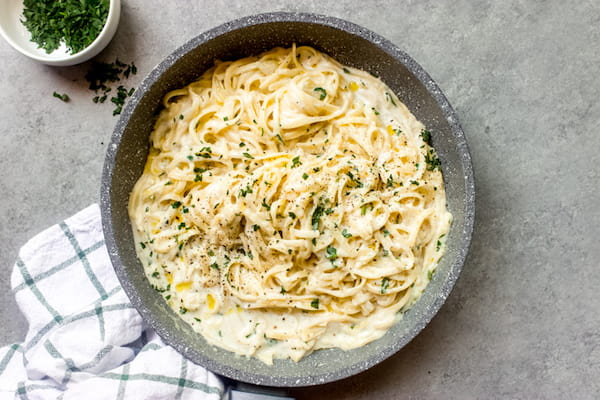
Because they frequently include cream, butter, and fine cheddar cheese to enliven the dish, cream-based sauces are the most nutrient-dense sauces. Mushrooms, vegetables, and pepper are a few additional ingredients that are frequently mixed together to cut the fat content of this sauce.
This sauce does not seem to be very suitable for people who are trying to lose weight because of the high-fat ingredients.
Your unforgettable experience will be the rich sauce made from cream and milk.
Wine-based Sauces
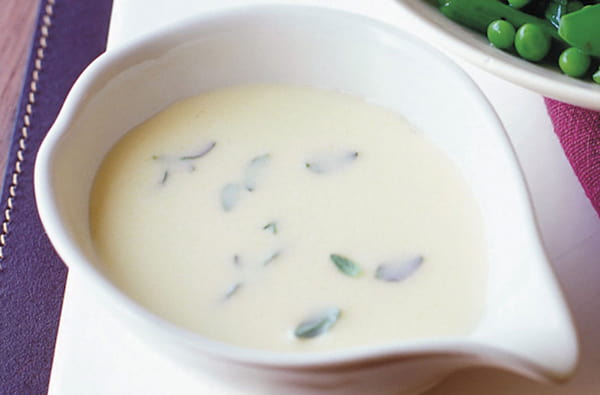
You might be surprised to learn that pasta sauces frequently include wine. As the used wines are frequently sweet and light, there is no need to worry that the sauce will taste strong and unpleasant from the wine. More heavy cream and Parmesan cheese are frequently added to these sauces to give food a distinctive and upscale flavor.
But not everyone enjoys this spaghetti sauce due to its distinctive flavor. But because it looks so appealing, you’ll be happy if you prefer the flavor of this sauce.
An excellent illustration of a pasta sauce made with wine and mushrooms.
Oil-based Sauces
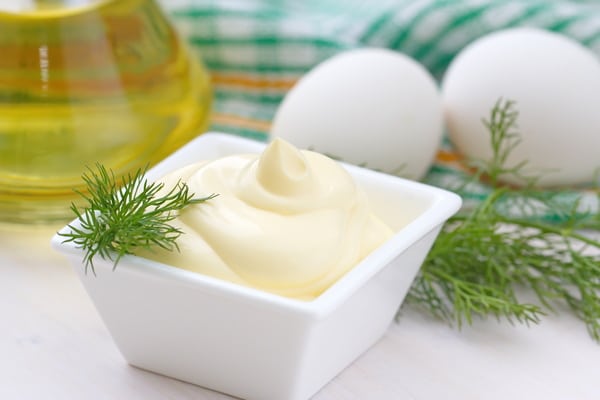
Although less well-known than other sauces, oil-based sauces are a favorite of many pasta lovers due to their distinctive flavor. Healthy, high-quality truffle oil or olive oil are frequently used in this sauce. You could also make the sauce using any oil you have on hand.
Because this sauce contains oil, it will make you feel a little greasy. To achieve a better balance than when combined with meats, it is frequently combined with a variety of vegetables and mushrooms.
Your pasta will look glossy and delicious if you use oil.
Exactly Why Does Pasta Sauce Keep Better In The Fridge?
Foods, including pasta sauces, are now typically stored in refrigerators. Ever questioned how refrigerators keep food fresh and durable?
Since a refrigerator is made to kill bacteria based on their physiological mechanisms, it is always the best option for long-term food preservation.
The refrigerator’s low temperatures prevent bacteria from surviving and multiplying, extending the shelf life of food. To maintain the sauce’s original texture, the refrigerator also offers enough moisture.
It is ideal to keep food and beverages in the refrigerator.
Low temperatures have long been thought to be an effective way to stop bacteria from surviving, growing, and entering food.
From a biological standpoint, this can be explained as the rate of biochemical reactions in the bacterial body, which stops metabolism. As a result, harmful bacteria cannot exist in the food.
The minimum temperature range needed for each type of bacterial survival varies. However, below 4 degrees Celsius is the recommended heat level for food storage, which can reduce the operability of bacteria in food.
The refrigerator also has UV sterilization, which is a remarkable feature for maintaining the quality of pasta sauce in addition to the low temperature. The ultraviolet rays will kill up to 99% of bacteria, even if the low temperature manages to miss some of them, making your pasta sauce safe.
By eliminating bothersome bacteria and maintaining the original freshness, this system prolongs the shelf life of sauce kept in the refrigerator.
The refrigerator does not, however, completely eliminate risks when storing the sauce. Low temperatures do not necessarily kill all bacteria, so you should still thoroughly inspect the sauce for signs of deterioration before using it.
How Long Does Pasta Sauce Last In the Fridge?
My kitchen always has an overabundance of pasta sauce because I love to cook and love pasta. I keep the sauce indefinitely and use the same amount going forward to prevent waste. Do you want me to discuss how long pasta sauce keeps?
The following table briefly summarizes the shelf life of pasta sauces in the following cases:
| Type of storage | At room temperature (Unopened) | Refrigerator (Opened) | Freezer (Opened) |
| Tomato-based pasta sauces | 1 year | 5 – 10 days | 18 months |
| Cream-based pasta sauces | 6 – 8 months | 7 days | 6 months |
| Wine-based pasta sauces | 1 year | 10 – 14 days | 6 months |
| Oil-based pasta sauces | 6 – 12 months | 7 – 10 days | Not specific |
When you have purchased sauce from the shop, a “best of” date will usually be written on the pot. When the sauce has passed the “best” date, the sauce consistency can steadily deteriorate.
The pasta sauce can last for at least six months when you purchase it and have not opened the bottle. The shelf life of pasta sauce will be drastically reduced if the bottle has been opened and it has been exposed to the outside environment.
If you store it at room temperature, you should generally consume it within 5 to 14 days. After you open the lid and put it in the refrigerator, you can still use it for six months.
Pasta sauces are typically refrigerated, just like most foods. Pasta sauces made with tomatoes, ice cream, or wine can all be kept in the refrigerator. The storage times for each type will, however, differ just slightly.
It can be useful to be aware of how long each pasta sauce can be stored in the fridge. Below is important information about pasta sauces’ refrigerated storage time:
Tomato-based Sauces
If they don’t contain meat, tomato pasta sauces last for 5 to 10 days on average. Tomatoes contain substances that work as effective preservatives, preserving their fresh flavor even when chilled.
If your tomato pasta sauce contains meat, it is best to use it within 3 to 4 days as the meat may lessen the sauce’s ability to preserve. Tomato pasta sauce has a shelf life of up to 18 months if frozen, which is a considerable amount of time.
Cream-based Sauces
Cream-based sauces can be refrigerated for up to one week without losing any of their quality.
Why are sauces with a cream base and those with a tomato base different? That’s because the ingredients in this sauce, like heavy cream, butter, and cheese, can be stored at low temperatures.
Additionally, this sauce can be frozen and kept for six months. The quality of the sauce may suffer when thawed, so take note that some brands advise against freezing pasta sauces that contain cheese.
Wine-based Sauces
Alcohol has a very long shelf life, so it stands to reason that alcohol-based pasta sauces can be kept cold for a longer period of time than other sauces. After 14 days in the refrigerator, wine-based sauces are still of high quality and can be used.
These sauces can be frozen for a 6-month shelf life, just like cream-based sauces.
Oil-based Sauces
At room temperature, oil-based sauces have a shelf life of roughly six months to one year if they are not opened. To lessen the impact of potentially harmful elements, store them in the refrigerator once they have been opened.
When kept in the refrigerator for up to 10 days, oil-based sauces generally have a similar shelf life to other sauces.
How To Tell If Pasta Sauce Is Bad?
Fortunately, it’s not difficult to determine if your pasta sauce has gone bad. Amidor says that the old adage, “when in doubt, toss it out” is always a good rule of thumb, but there are three particular things to look out for. She advises you to throw away any leftover sauce right away if it smells off or doesn’t taste right. Additionally, if there is any mold on the inside of the container, it is no longer safe to eat.
Although mold itself isn’t necessarily harmful, it does contain mold toxins that can make you sick.
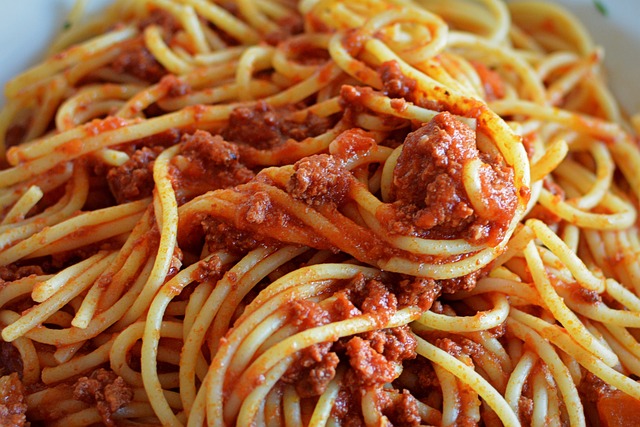
How To Store Pasta Sauce?
You can store an unopened jar of pasta sauce from the store in your cupboard until you’re ready to use it. The store-bought jar, however, needs to be kept in your refrigerator once it has been opened. Homemade pasta sauce should always be refrigerated and can be stored in a plastic bag like Glad® FLEX’N SEAL™ Gallon Bags.
How To Store Fresh Pasta In The Fridge?
Are you unsure of how to store pasta? Put homemade pasta in an airtight container in the refrigerator and use it within three days if you have it and intend to use it soon.
After cooking pasta, let it cool completely before storing it. Following that, put it in a plastic bag, such as a Glad FLEX’N SEAL Gallon Bag. To prevent the pasta from sticking to one another, drizzle with your preferred oil after which you should squeeze out as much air as you can before sealing. Next, put it in the refrigerator, and then enjoy.
How To Freeze Fresh Pasta And Pasta Sauce?
Pasta should be placed in a bag like Glad® FLEX’N SEAL™ Gallon Bags, frozen, and used within two months. The pasta does not require thawing once you are ready to use it. Put the pasta in a pot of water that is already boiling after simply removing it from the bag.
Allow pasta sauce to cool completely before freezing it. Then, to prevent bacteria from growing, put the sauce as soon as you can in a plastic bag, such as Glad® FLEX’N SEAL™ Gallon Bags. Even though your FLEX’N SEAL™ bag stretches, you should leave extra space at the top because the sauce will expand. Before putting it in the freezer, press out any extra air and write the date. Remember the shelf life of pasta sauce after freezing. Pasta sauce can be stored for up to three months in the freezer if done correctly. The best way to thaw sauce is to place it in the refrigerator, then heat it over high heat on the stovetop until it reaches a rolling boil (at least 165°F), quickly cool it down, and then serve.
Considerations Before Storing Your Pasta Sauce
You already know how long pasta sauces last in the fridge, but what else should you think about before deciding whether to store sauces there? To help you decide more wisely, take a look at the following points.
Amount Of Sauce
To select the best method and process, you should take into account the quantity of sauce you intend to store. Freezing pasta sauce can be a good option if you need to store a large quantity of it. For easier use, divide them into little glass jars.
Simply put, if you only need to store a small amount of pasta sauce for a few servings, you can put them in clean jars and keep them in the kitchen or in the refrigerator.
If you haven’t yet found a separate container for pasta sauce, you can use small, airtight cookie jars to keep the sauce from evaporating.
Type Of Sauce
As I previously stated, the makeup of sauces will impact both their shelf life and quality when stored. Depending on the ingredients, cold temperatures frequently cause pasta sauce to lose some of its flavor and texture.
The ingredients in some pasta sauces, like oil or honey, do not respond well to cold temperatures.
Let’s say you don’t know exactly what goes into your pasta sauce. In that case, you can refer to the manufacturer’s instructions or notes printed on the product label to determine whether it should be stored chilled or kept at room temperature.
How Long You Want It To Last?
You will have a variety of suitable methods depending on how long you want to host. Your ability to make the best decision is facilitated by knowing this.
That pasta sauce can simply be kept cold if you intend to consume it within a few days, eliminating the need for defrosting time. To avoid harming your health, you must freeze it if you intend to keep it for several weeks or even years.
FAQs
Pasta Sauce: Can It Cause Food Poisoning?
It’s possible for your pasta sauce to become contaminated or changed if it’s stored improperly. You must therefore follow my instructions on how to store the sauce properly if you want to serve your family and yourself delectable and secure pasta dishes.
Do Various Pasta Sauces Need Various Preservation Techniques?
There are some exceptions, but generally speaking, pasta sauces don’t need special storage techniques. Depending on the ingredients and preparation method, a sauce may be simple to store or difficult.
Because tomato acidity serves as a natural preservative, tomato-based pasta sauces are typically simpler to store and stay fresher longer. You don’t need to worry much about them quickly going bad if you simply store them in clean jars for later use.
Contrarily, pasta sauces made with dairy-based ingredients last less time, so it’s best to only make enough for one meal at a time to avoid waste. After a few days, their flavor and texture can change, affecting the quality of your pasta and even your health.
Final Words
How long pasta sauce keeps in the fridge is significantly influenced by a number of factors. The general guideline for any cooked sauce is three days, though. Sauce that has been opened but hasn’t been used usually lasts a few days longer. Only a few days in the fridge will keep leftovers safe; after that point, it’s best to throw them out.
Your eyes and nose will be your best allies in this situation; if your food begins to look or smell suspect, it is best to simply throw it away.
Thank you for reading.

